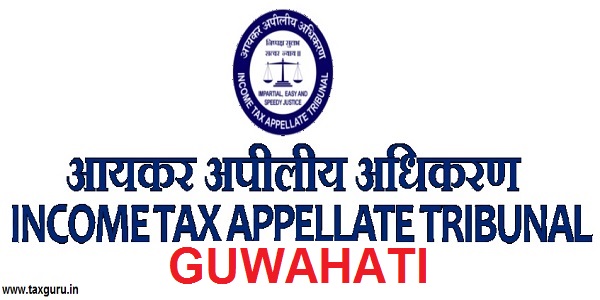CA Shankar Rochlani
The much awaited Budget 2015 has introduced numerous amendments in Service Tax and CENVAT Credit Rules, 2004 (CCR). Few amendments (such as rate increase in service tax, subsuming cess etc) have been made in order to align the existing laws with proposed GST.
In this article, we will discuss key issues and anomaly in the Budget 2015 provisions.
a. Balance of Education Cess and Secondary and Higher Education Cess (‘Cesses’)
Education cesses have been subsumed in the Central Excise Duty (from 1 March 2015) and Service Tax (from a date to be notified). However, the manufacturers have balance of Cesses. Further, even after 1 March 2015, service providers will continue to charge the cesses till the notification is issued. Similarly, on the capital goods purchased in the year 2014-15 and the balance 50% credit of Cesses will be availed in FY 2015-16.
It may be noted that CENVAT Credit Rules, 2004 (CCR) allow credit of Cesses to be utilised only against the Cesses payable. However, manufacturers will not be liable to pay Cess on Excise from 1 March 2015. Thus, the question arises what will happen to this Cess balance?
The Finance Bill, 2015 is silent on the balance of Cesses. So, will this balance be lost and become cost in the supply chain? If yes, than the idea of aligning current legislations with GST seems to be ignored.
b. An ‘interest’ing issue
It may be noted that before 1.03.2015 interest was not applicable on CENVAT credit availed wrongly but not utilised. However, w.e.f. 1 March 2015, Rule 14 of CCR is amended [vide Not. No. 6/2015-CE(NT)] to provide for a deeming fiction for utilisation of credit.
Now, CENVAT credit will be deemed to be utilised from the opening balance of CENVAT credit. Thus, if an assessee has in-eligible credit in the opening balance then though it is not utilised in reality still it will be deemed to be utilised and as a consequence ‘interest’ may get triggered.
c. Services of ‘Aggregator’
Budget 2015 has brought under the ambit of service tax various ‘aggregators’. Vide Notification 30/2012-ST the liability to pay service tax is cast on the aggregator under RCM.
The underlying issue is if cab services are availed by corporate entities then whether both corporate and aggregators will be liable to pay service tax under RCM? If yes, then this will lead to double taxation.
Lets wait and watch whether CBEC will come to the rescue of Trade and Industry to keep our confidence in the perceived business friendly Government.






















DO our budget is Approved by respective President?